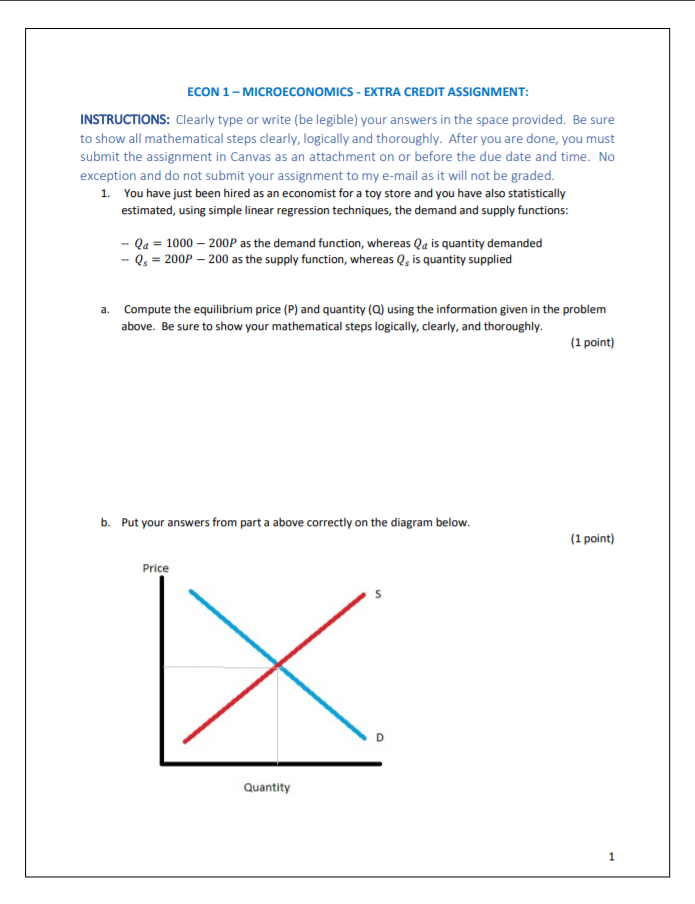Price Floor Above Equilibrium Quantity Supplied
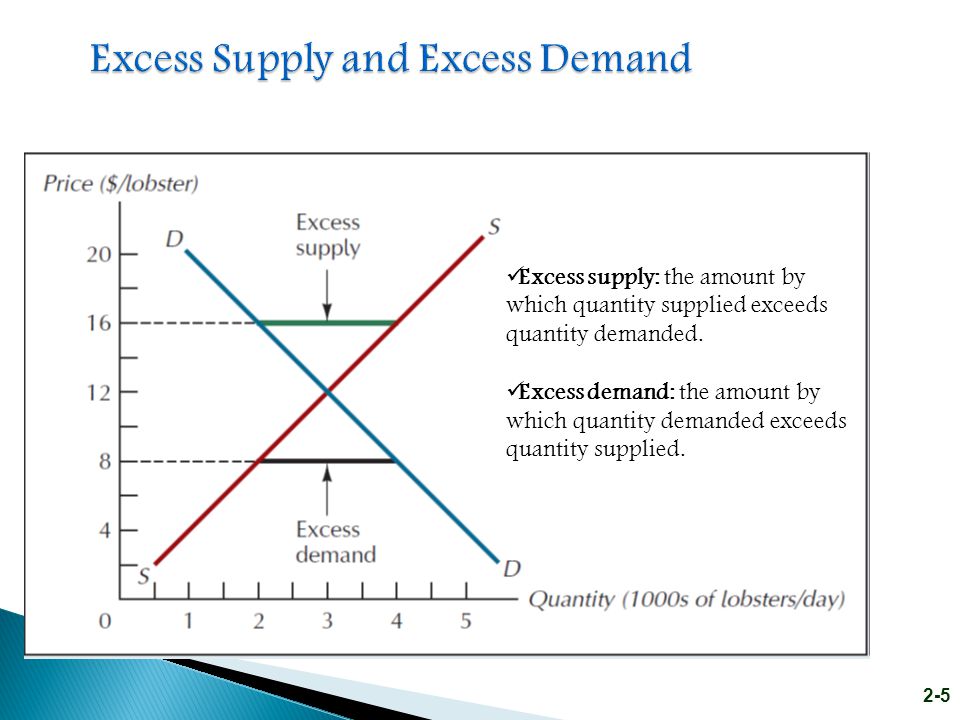
Percentage tax on hamburgers.
Price floor above equilibrium quantity supplied. When quantity supplied exceeds quantity demanded a surplus exists. There will be a supply glut meaning more workers are trying to find jobs at the going. In such situations the quantity supplied of a good will exceed the quantity demanded resulting in a surplus. The result is a quantity supplied in excess of the quantity demanded qd.
When a price floor is set above the equilibrium price quantity supplied will exceed quantity demanded and excess supply or surpluses will result. Minimum wage and price floors. The demanders will purchase the quantity where the quantity demanded is equal to the price floor or where the demand curve intersects the price floor line. Price floors prevent a price from falling below a certain level.
In order to get rid of accumulating inventories firms will cut the price otherwise known as putting the good on sale as the price falls. Example breaking down tax incidence. Taxes and perfectly inelastic demand. The equilibrium market price is p and the equilibrium market quantity is q.
If the government sets a floor above the market clearing level then it will induce a surplus of unskilled labor. How does a price floor set above the equilibrium price affect quantity demanded and quantity supplied. A surplus means businesses are producing more than they are selling. Price floors can also be set below equilibrium as a preventative measure in case prices are expected to decrease dramatically.
First of all the price floor has raised the price above what it was at equilibrium so the demanders consumers aren t willing to buy as much quantity. Taxation and dead weight loss. Price floors and price ceilings often lead to unintended consequences. Taxes and perfectly elastic demand.
The effect of government interventions on surplus. If a farm good. A it results in a smaller quantity supplied than the quantity demanded otherwise known as a shortage. At the price p the consumers demand for the commodity equals the producers supply law of supply the law of supply is a basic principle in economics that asserts that assuming all else being constant an increase in the price of goods will have a corresponding.
Price and quantity controls. B it results in a greater quanatity supplied than the quantity demanded otherwise known as a exceess supply. The market clearing price wage for unskilled labor equates the quantity demanded by employers with the quantity supplied by unskilled workers. In the price floor graph below the government establishes the price floor at price pmin which is above the market equilibrium.
When a price floor is put in place the price of a good will likely be set above equilibrium.
:max_bytes(150000):strip_icc()/QuantitySupplied2-98c4fd9fe04e4ec78318d9dd87f2c93e.png)


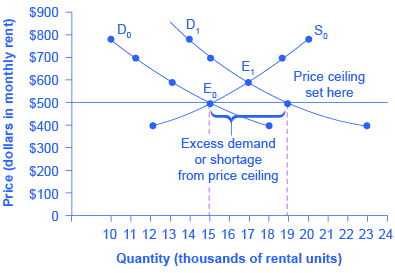


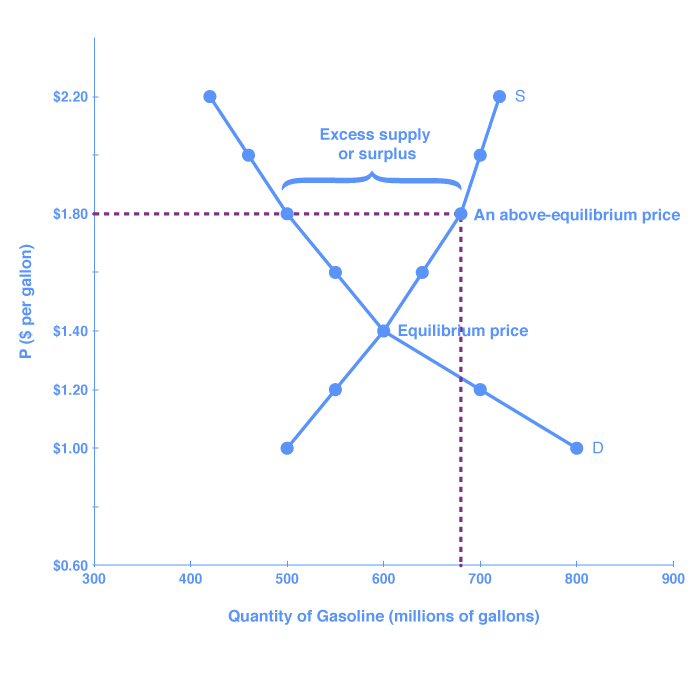
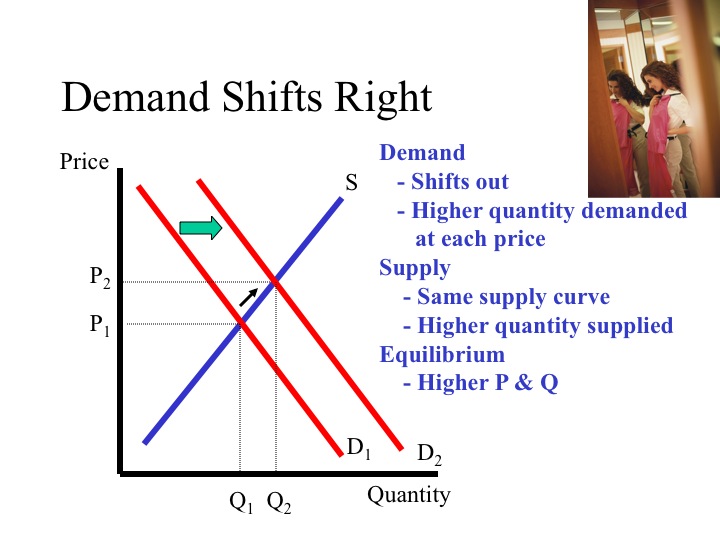

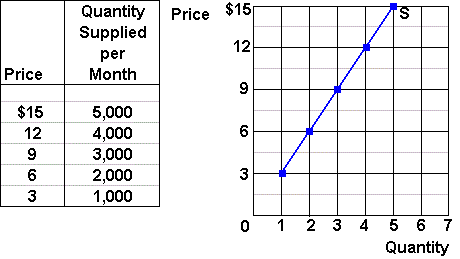

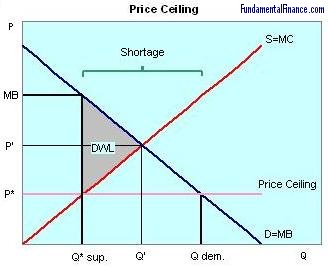

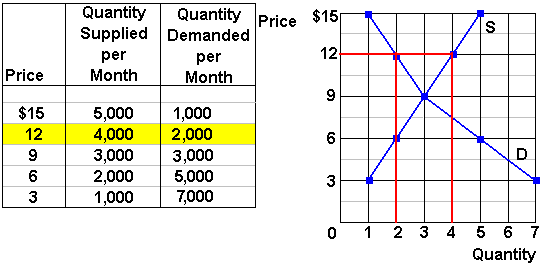



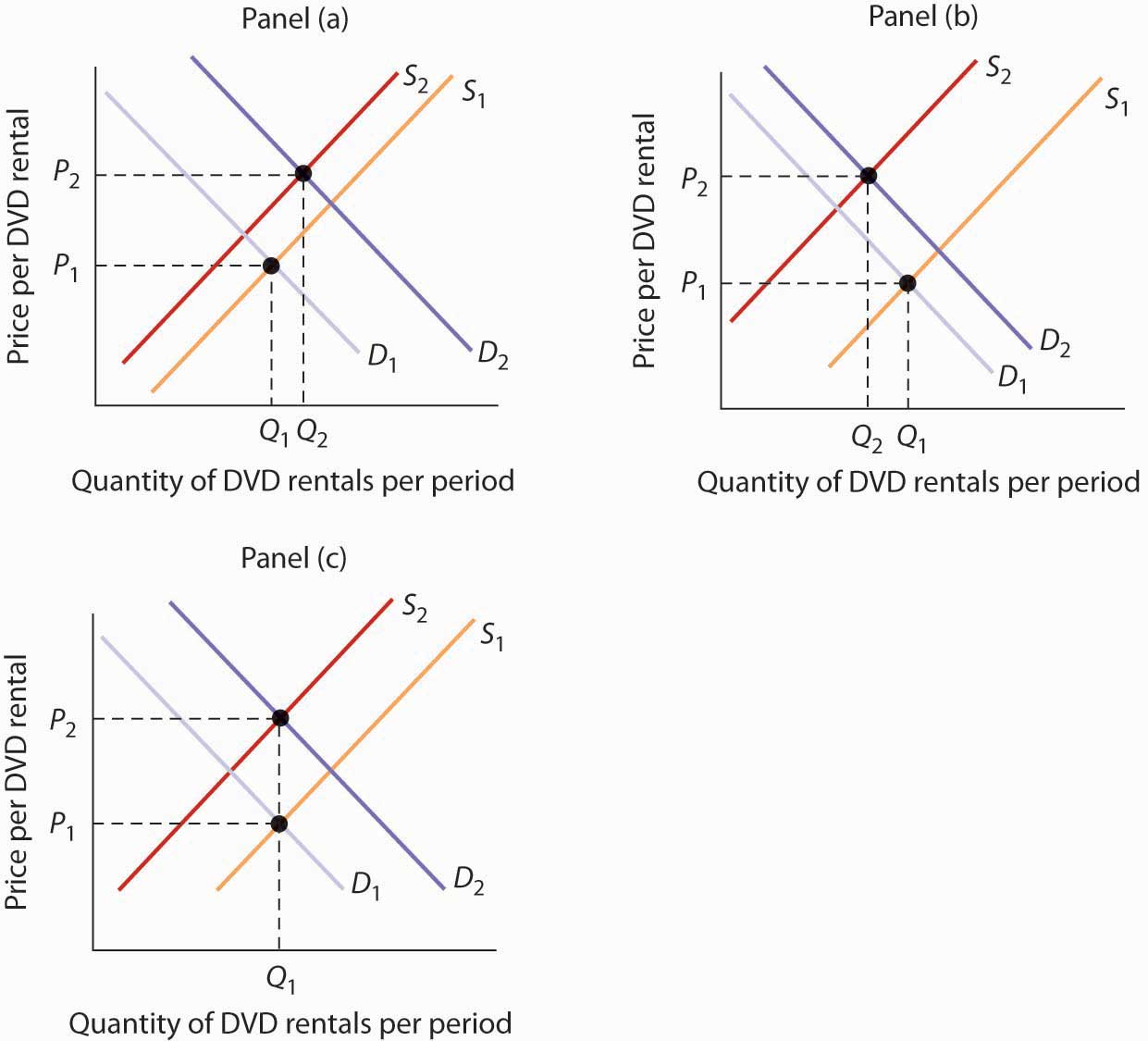


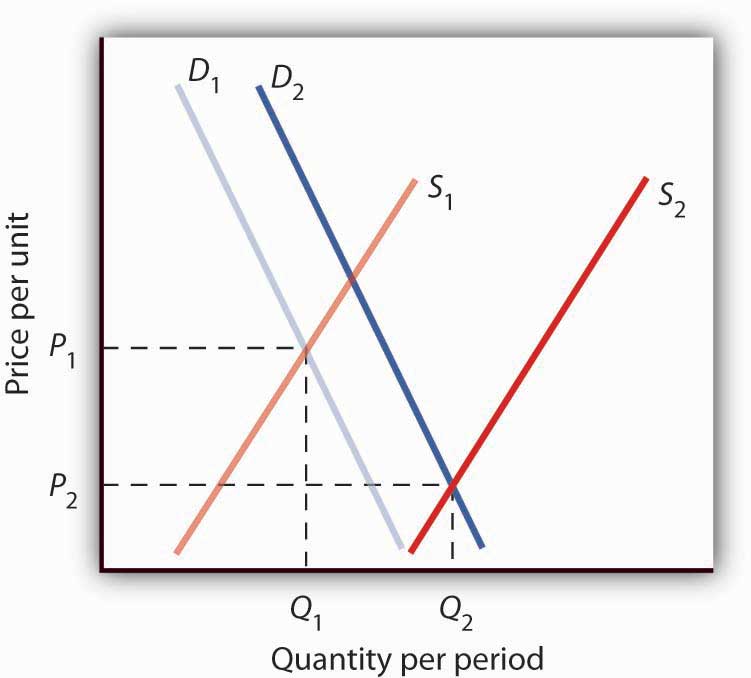
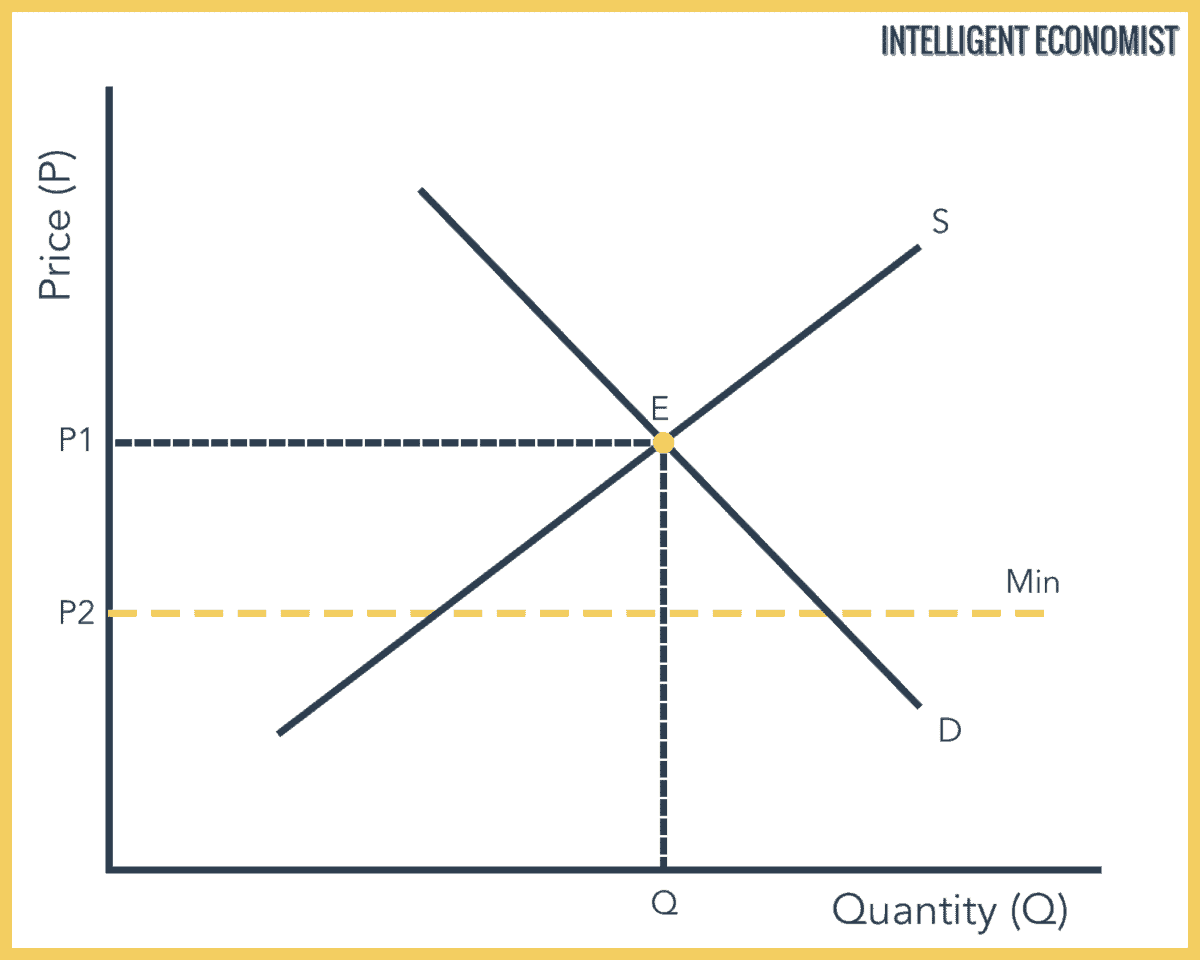










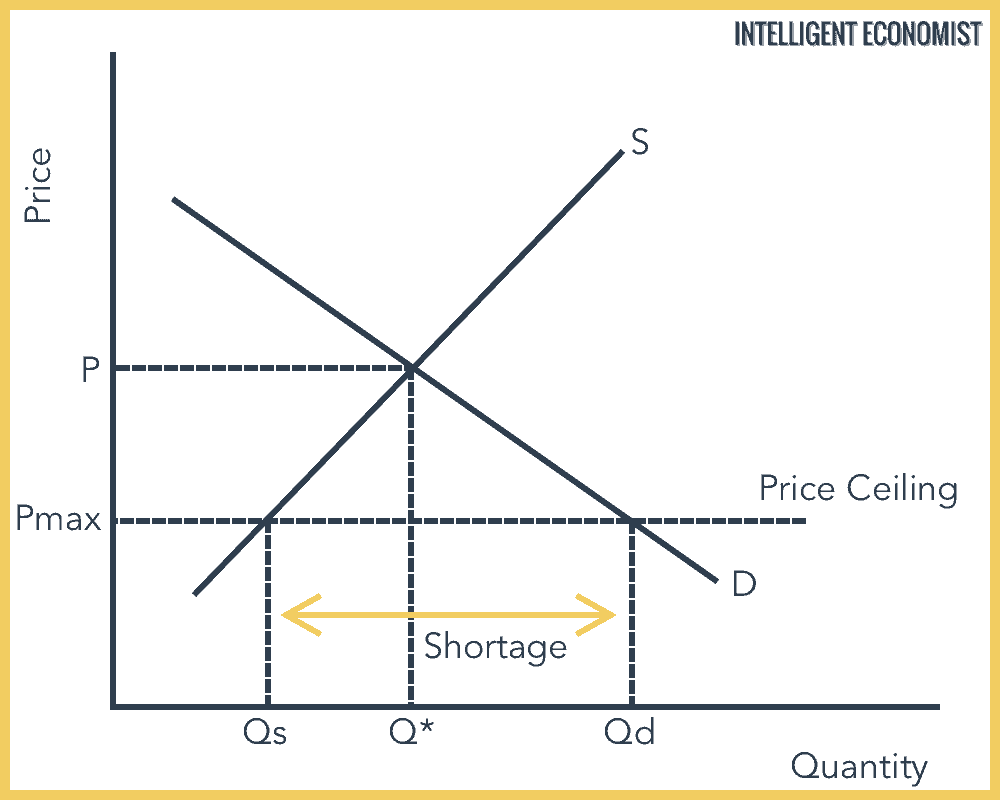
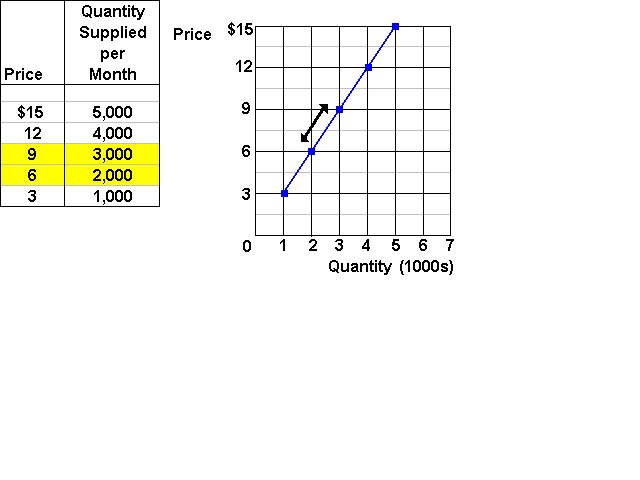
/disequilibrium-498e9ba4154c4a7c8739b3443da14b17.png)

